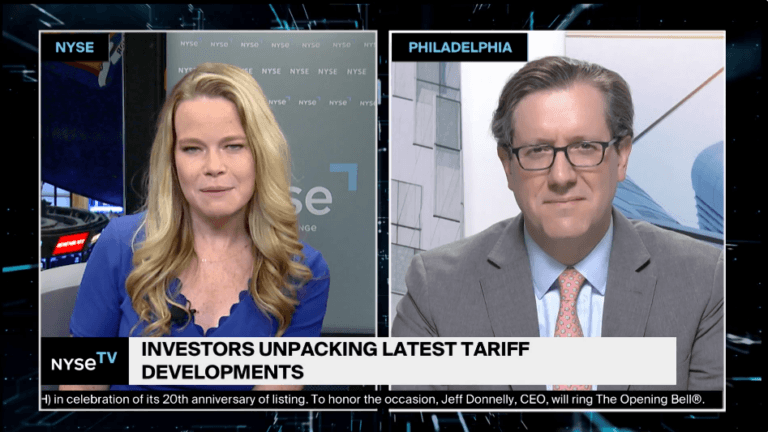News & Insights
News & Insights
Our teams of trusted experts are driven to share their perspectives and experience keeping our clients and partners connected and informed.
 News
July 10, 2025
News
July 10, 2025
2025 Mid-Year Economic & Market Outlook
Investors who closed their eyes and did not open their account statements in the first half of the year may have made it to this point in …
 News
June 16, 2025
News
June 16, 2025
Bloomberg The Close
 News
June 15, 2025
News
June 15, 2025
Bloomberg Tech
 News
June 02, 2025
News
June 02, 2025
NYSE TV
 News
May 14, 2025
News
May 14, 2025
Family Wealth Report, Recognizing Leaders